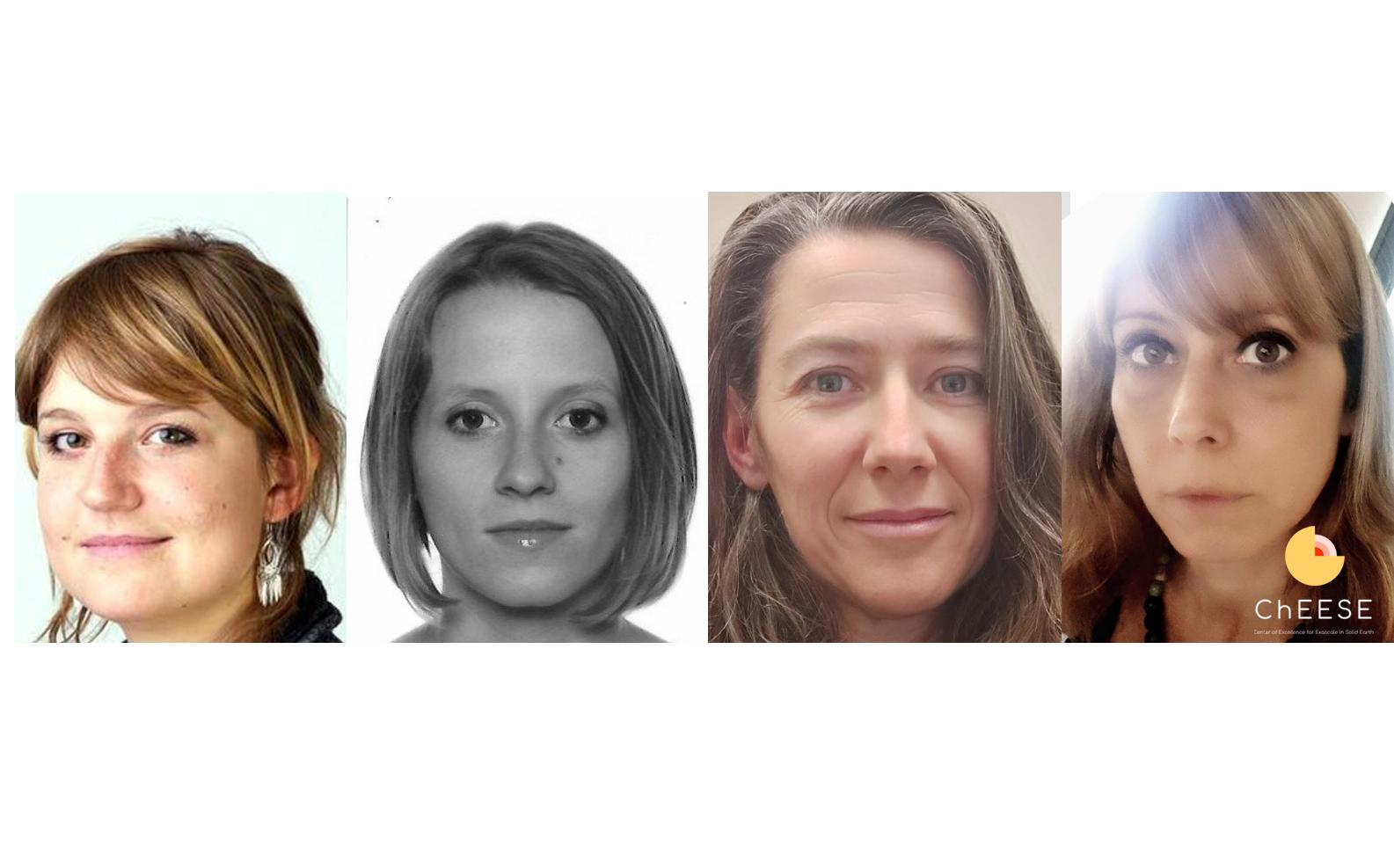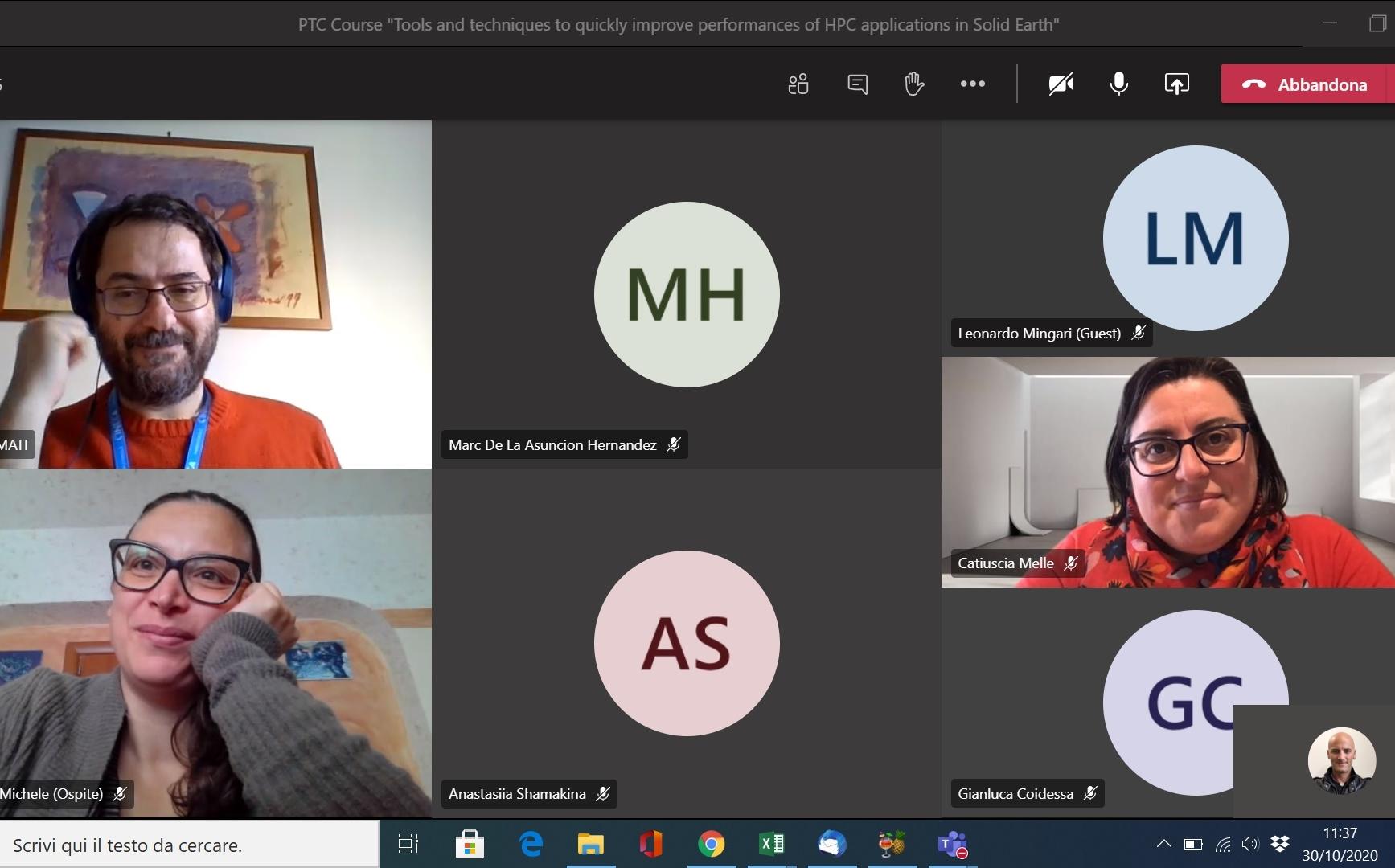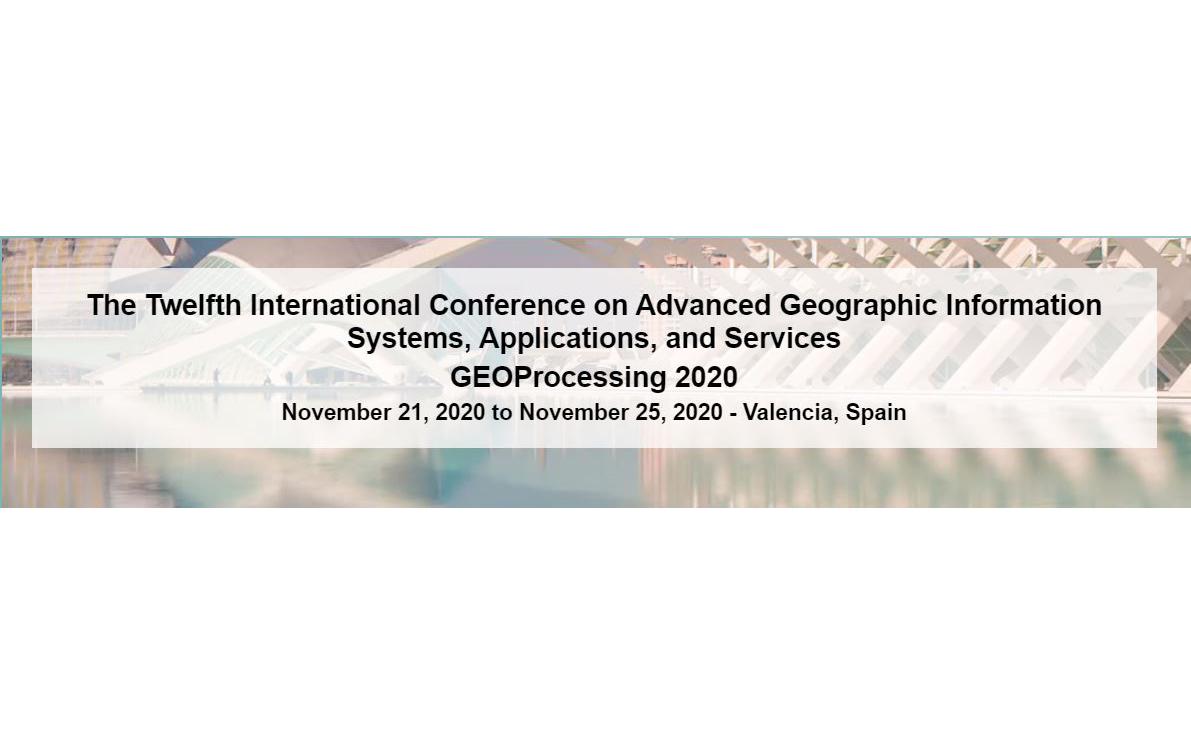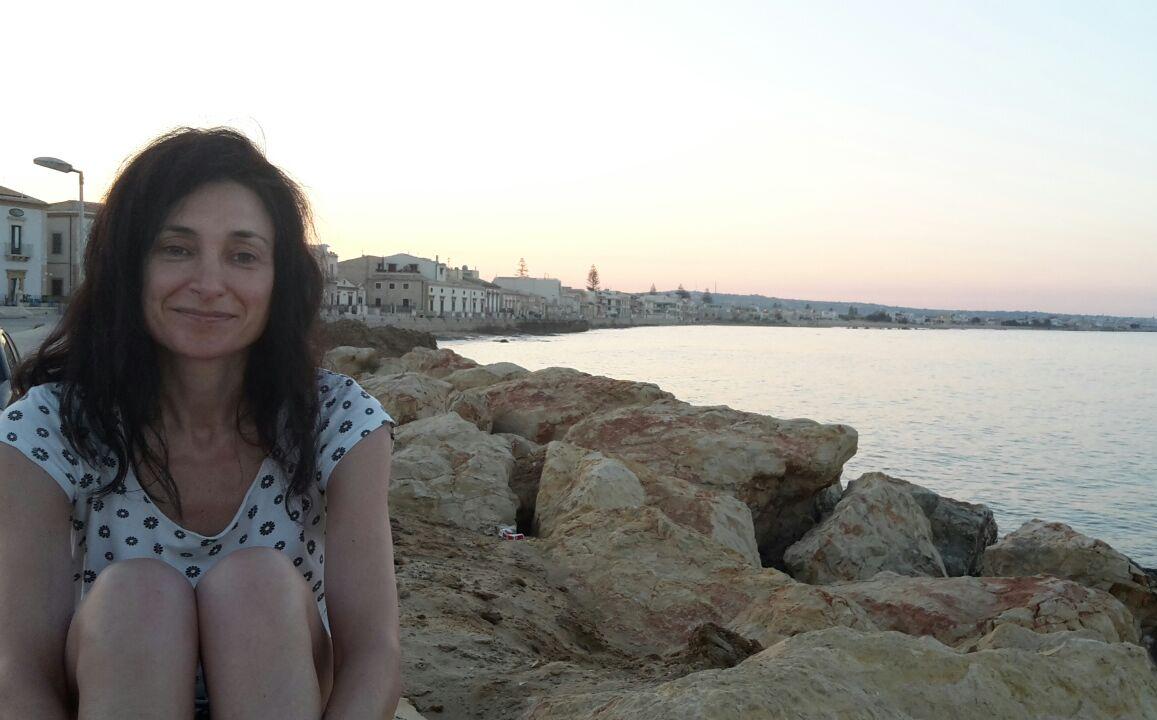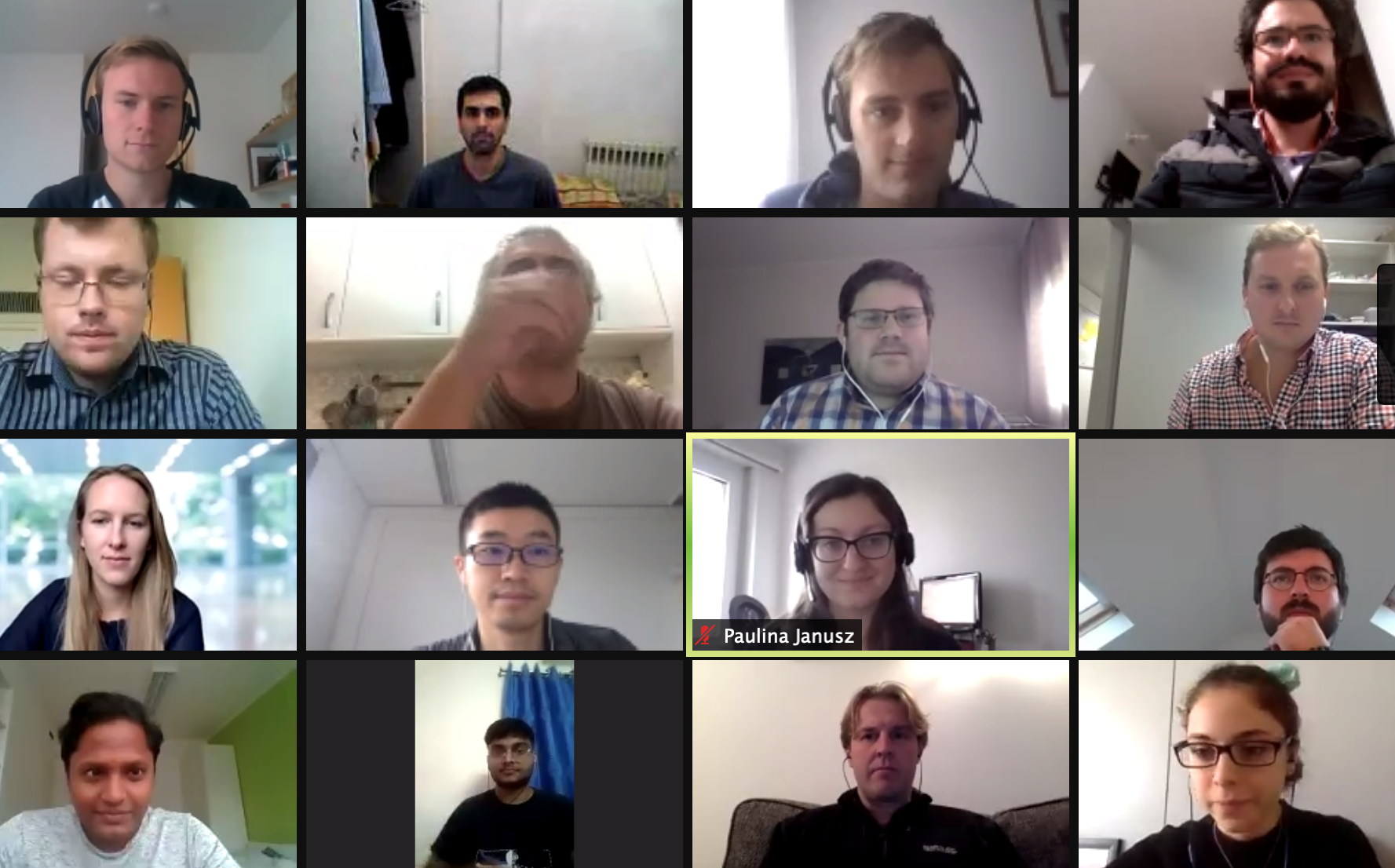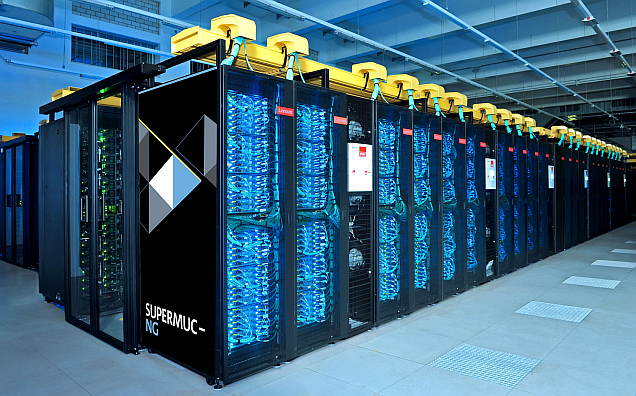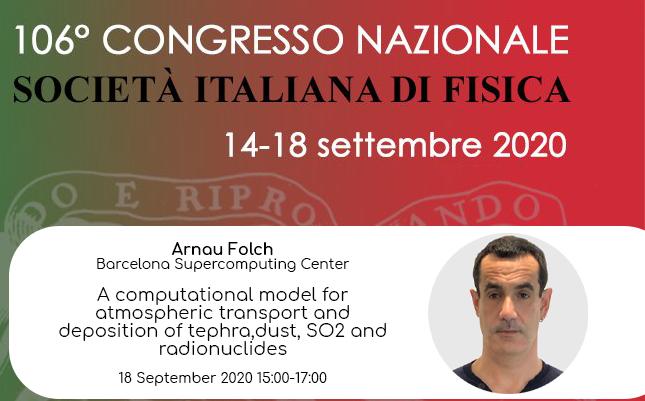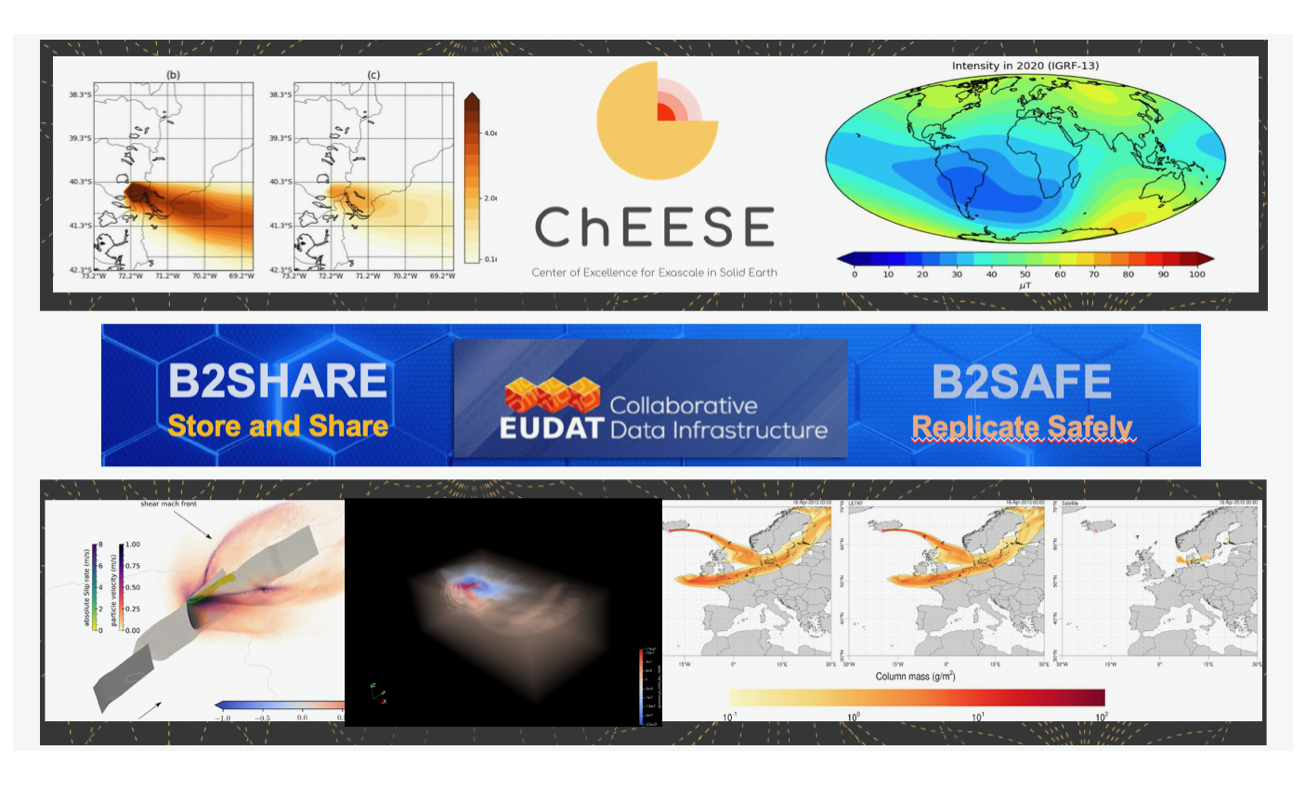An all-female editorial board composed of ChEESE members Alice-Agnes Gabriel (LMU Munich), Marta Pienkowska (ETH Zurich), Sara Barsotti (IMO) and Manuela Volpe (INGV) will oversee a special issue in Frontiers in Earth Science titled "High-Performance Computing in Solid Earth Geohazards: Progresses, Achievements and Challenges for a Safer World". This Research Topic is proudly promoted by the ChEESE project. Everyone whose work falls under the scope of this topic is welcome to contribute.
Achieving high performance is a complicated task. Different levels have to be exploited - from single core performance up to cluster-wide performance. Furthermore, different techniques and skills have to be used.
Held virtually on October 26-29, 2020 the PRACE course "Tools & Techniques to quickly improve performances of HPC applications in Solid Earth" was developed in the CHEESE framework by CINECA staff to mostly focus on the main HPC issues for Earth Science.
ChEESE partner Alexey Cheptsov (HLRS) presented a tutorial titled "Development of Parallel Geoscientific Applications on High Performance Computing Architectures" at the Twelfth International Conference on Advanced Geographic Information Systems, Applications, and Services
(GEOProcessing 2020) on 22 November 2020.
The Center of Excellence in Performance Optimisation and Productivity (POP) has recently worked with ChEESE in order to improve the FALL3D code and the workflow developed in the project´s Pilot Demonstrator 6 - Probabilistic Volcanic Hazard Assessment (PVHA), that analyses several thousands of FALL3D simulations. The resulting Probabilistic Volcanic Hazard Assessment Work Flow package (PVHA_WF) has allowed FALL3D to achieve 588x and 488x execution time speedups.
Are you fascinated by high-performance computing and seismology? Are you curious to know how to numerically solve complex wave propagation problems?
Spend three full days interacting and learning from the developers of the ChEESE flagship codes for computational seismology completely free and online!

